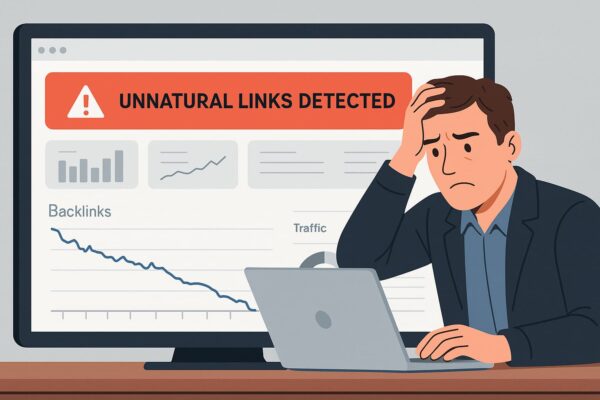If your insurance company does not cover the treatment you need, there are several steps you can take to resolve the problem:
Check the details of the policy
Before you take any action, read the terms of your insurance policy carefully:
- Examine exactly what your policy covers and whether there are exclusions for certain treatments.
- Make sure treatments don’t fall under exclusions, such as cosmetic procedures, certain medications, or services provided out-of-network.
Contact your insurance agent or representative
Contact your insurance company representative to clarify the reasons for denying coverage. Sometimes there may be errors in processing your request, and the representative can help you understand and offer a solution.
Challenge the decision
If you are denied coverage, but you think it was wrong, you can file an appeal:
- Write an appeal to the insurance company, giving reasons why you think the treatment should be covered.
- Include medical records and recommendations from doctors to support the need for treatment.
- Make sure you follow all the necessary procedures to file an appeal within the deadlines.
Get a second opinion
If the denial is based on the insurance company’s doctors’ opinion, ask an independent specialist for a second opinion. Sometimes another doctor can confirm that treatment is needed, and this opinion may be helpful in your appeal.
Check to see if you can get help through a financial assistance program
Some health care providers offer assistance programs for patients who cannot afford treatment. This may include discounts or installment payments for medical services. Talk to your doctor or hospital about the possibility of assistance.
Check to see if government programs are available
In some cases, if you don’t have coverage through an insurance company, you may qualify for government programs such as Medicaid or other low-income programs that may cover the treatment you need.
Negotiating with health care providers
If your insurance company refuses to cover treatment but you need it, try negotiating with your treating physicians or medical facility:
- Many clinics and hospitals may offer discounts or installment plans for patients without insurance or with inadequate coverage.
- In some cases, doctors may suggest alternative treatments that will be more acceptable to your insurance.
Finding other sources of funding
If treatment is expensive, there may be charitable organizations that can help with funding. Some non-profit organizations raise money to pay for treatment for people with financial hardship.
Filing a complaint with regulators
If you believe that your insurance company has wrongfully denied coverage, you can file a complaint with state regulatory agencies, such as insurance commissioners or the health department. In some cases, these agencies may step in and help you resolve the problem.
Planning for the future
If you often run into problems with your health care coverage, consider reviewing your insurance program:
- It may be worth changing your insurance to a more appropriate plan that better fits your medical needs.
- Evaluate the possibility of switching to another insurance company that may offer more suitable terms.
First, try to resolve the problem through negotiation and appeals, as this is the fastest and most effective way. If the problem is not resolved, consider assistance and alternative solutions to get the care you need.



